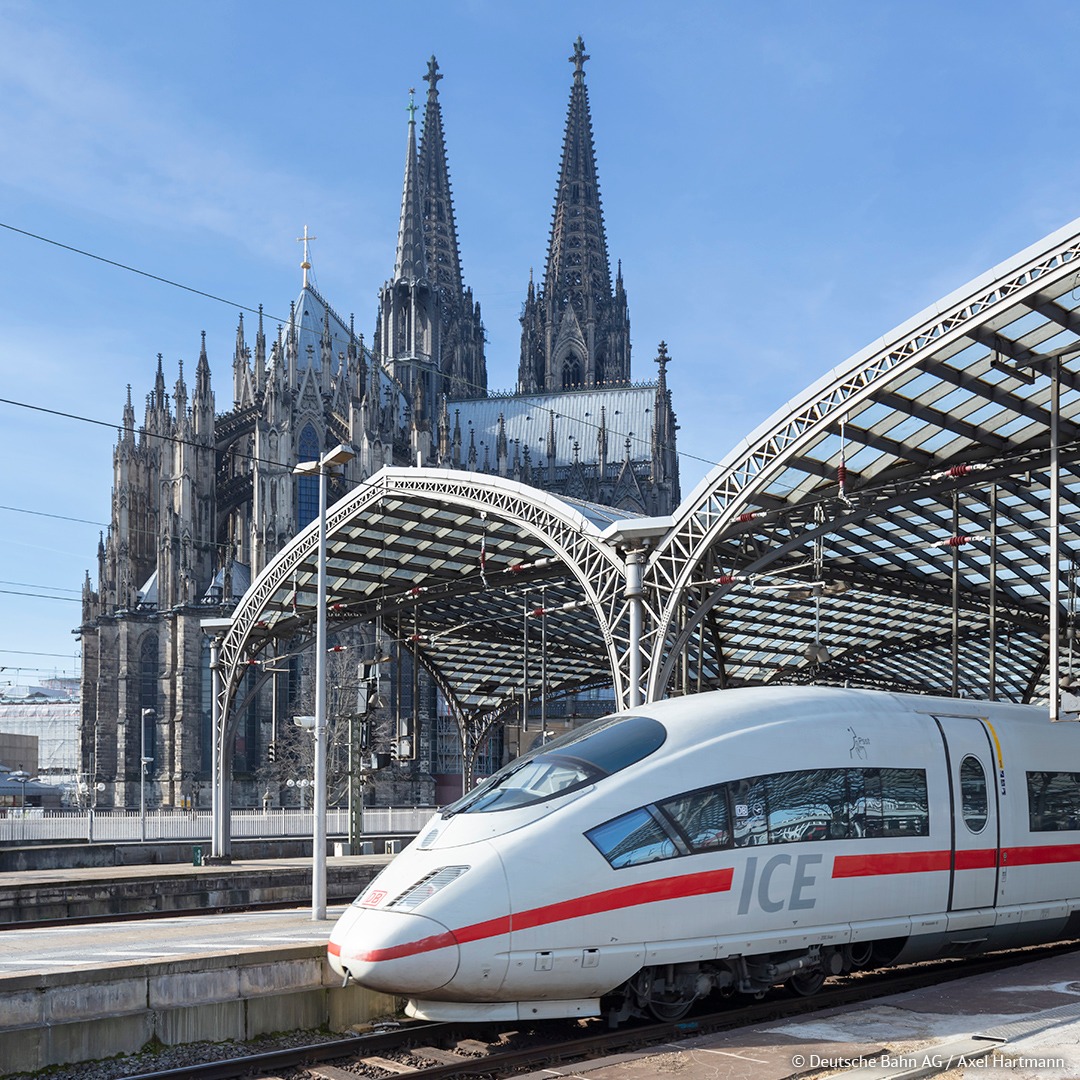The rail strike in Germany began on Wednesday morning and is scheduled to last three days. The train drivers’ protest is to demand higher wages and shorter working hours.
 The train drivers’ union (GDL) began the protest in the early hours of the morning, following the example of freight train drivers, who stopped working as early as Tuesday evening.
The train drivers’ union (GDL) began the protest in the early hours of the morning, following the example of freight train drivers, who stopped working as early as Tuesday evening.
The strike will continue until Friday evening, forcing national rail operator Deutsche Bahn to provide only an emergency service. The company says the train drivers’ protest will affect travel plans for millions of people and has encouraged people to cancel or postpone all non-essential journeys.
Tensions at Deutsche Bahn over pay and working hours have flared up again after the truce agreed over Christmas. The GDL, which represents about 10,000 employees, is demanding a reduction in the working week from 38 to 35 hours, a pay rise of EUR 555 a month and a one-off bonus of EUR 3,000 to compensate for the effects of inflation. Deutsche Bahn management has offered some flexibility on working hours, but has rejected the idea of reducing them and keeping wages the same.
Rail strike in Germany amid other protests
The nationwide rail strike adds to the economic problems facing Germany this year amid weak macroeconomic data, rising interest rates and mounting criticism of the coalition government.
This week, protests by farmers unhappy with the Berlin executive’s plan to cut diesel subsidies have put new pressure on Chancellor Olaf Scholz, who is currently trying to finalise his draft budget for 2024.
The previous train drivers’ strike on 16 November seriously disrupted rail traffic in Germany. At that time, Deutsche Bahn had to cancel around 80% of long-distance services as well as many regional trains.
Share on:



